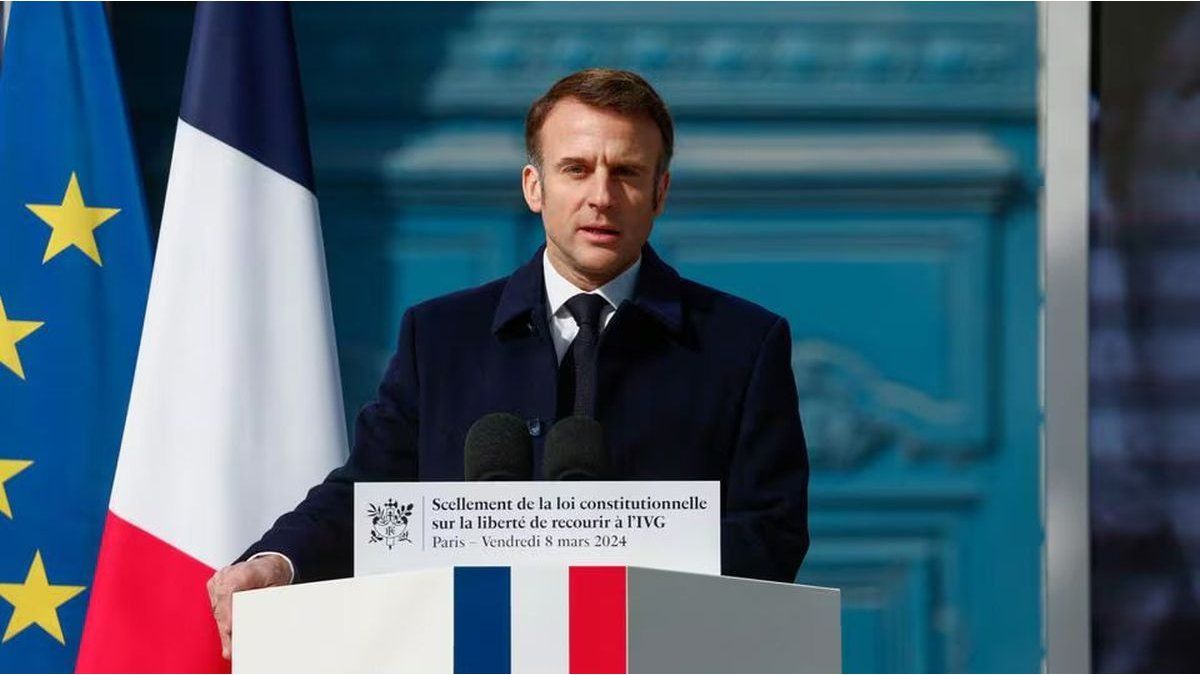The price shocks of recent years are over. In August, inflation in Germany weakened significantly and remained below an important mark.
For the first time in over three years, the German inflation rate remained below the 2 percent mark in August. Consumer prices rose at a rate of 1.9 percent compared to the same month last year, the slowest rate since March 2021, the Federal Statistical Office confirmed its preliminary estimate.
Energy in particular was 5.1 percent cheaper than a year ago, while prices for services rose by an above-average 3.9 percent. Food prices remained high, rising by just 1.5 percent. However, individual products such as olive oil have become significantly more expensive.
Price pressure on consumers is easing after several years of very high inflation rates. In July, statisticians recorded a rise in consumer prices of 2.3 percent, up from 2.2 percent in June. The last time a lower inflation rate was recorded was in March 2021 than in August, when prices were also 0.1 percent lower than in July. Core inflation excluding energy and food fell by 0.1 points to 2.8 percent.
If inflation falls in Germany and the eurozone as a whole over the course of the year, this would give the European Central Bank scope to cut key interest rates. In June, it cut key interest rates by 0.25 percentage points for the first time since the wave of inflation. In July, the ECB kept key interest rates stable and left the door open for a rate cut at the Council meeting on September 12. The financial markets are expecting the ECB to cut interest rates in September. In the eurozone, the inflation rate for August was estimated at 2.2 percent.
Source: Stern




